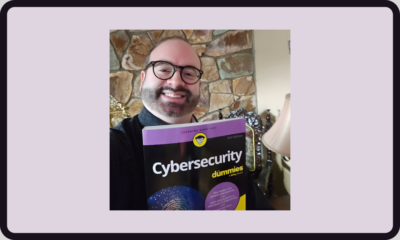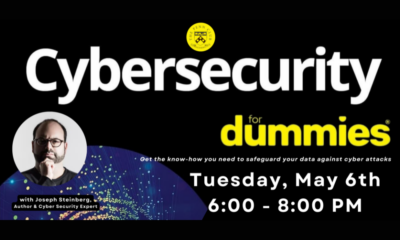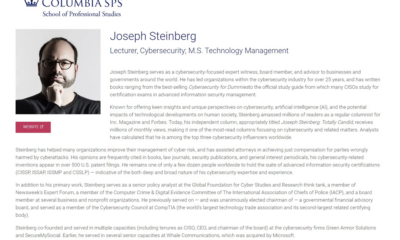FBI Arrests CEO of Secure Smartphone Company, Phantom Secure
The FBI has arrested the CEO of Phantom Secure, a provider of BlackBerry and Android devices modified to provide secure communications, charging him with deliberately selling the devices and associated service to drug cartels in order to aid them in their crimes.
According to the heavily redacted complaint filed in the Southern District of California on Thursday and now made available to the public, the FBI has strong evidence that Phantom Secure’s CEO, Vincent Ramos, not only knew fully well that the firm’s devices were being used by drug cartels, but even specifically launched the company and its product to target the criminal market. According to the complaint against him, Ramos allegedly told an undercover law enforcement agent that “We made it — we made it specifically for this [drug trafficking] too.” In fact, the complaint alleges, Phantom Secure would not sell its devices or service to anyone unless that person received a personal reference or “vouch” from an existing Phantom Secure customer, and was also subsequently vetted by the company – a policy that clearly raises red flags, and, the complaint alleges, may have been designed to keep law enforcement agents off of the Phantom Secure network.
While there have been many discussions in recent years about the potential abuse of encryption technology by criminals, and as to whether private citizens should be limited in their use of technologies that secure communications, it is important to distinguish between that discussion and the Phantom Secure complaint and arrest. In the latter case, the FBI alleges that the firm both actively aided and abetted criminals, and was created with criminal activity in mind, not that criminals incidentally utilized a legitimate technology company’s product that is also used by numerous law abiding people. The complaint, for example, notes that Phantom Secure utilizes PGP as part of its security system – but the FBI does not argue that anyone involved with creating PGP did anything wrong. (Phil Zimmermann, who created PGP, was investigated in the 1990s for creating PGP due to what were then considered potential violations of the Arms Export Control Act. That investigation was ultimately dropped with no charges filed. Ironically, Zimmermann later founded Silent Circle, which produces the Blackphone secure communication phone and offers its associated service.)
According to the court docket, the FBI arrested Ramos on Thursday. The complaint, written by FBI Special Agent Nicholas Cheviron, charges Ramos with racketeering conspiracy to conduct enterprise affairs, as well as conspiracy to distribute narcotics, and aiding and abetting. Cheviron’s complaint estimates that 20,000 Phantom Secure devices are in use around the world, and that the firm made tens of millions of dollars in revenue per year from its allegedly illicit activities.
Ironically, Phantom Secure’s website (which was still live when I wrote this piece early on March 12, 2018) states explicitly that “We do not condone the use of our service for any type of illegal activities and if known we will terminate the use of our service without notice,” and its About page closes with a quote from the United Nations High Commissioner for Human Rights, “Recent discoveries have revealed how new technologies are being developed covertly, often to facilitate these practices [surveillance], with chilling efficiency. Such surveillance threatens individual rights – including privacy, freedom of expression and association – and inhibits the free functioning of a vibrant civil society.” If the FBI’s complaint is true, it was Phantom Secure itself that was acting covertly with technology, helping criminals threaten individual rights, and built specifically to aid with illegal activities.













 CyberSecurity for Dummies is now available at special discounted pricing on Amazon.
Give the gift of cybersecurity to a loved one.
CyberSecurity for Dummies is now available at special discounted pricing on Amazon.
Give the gift of cybersecurity to a loved one.